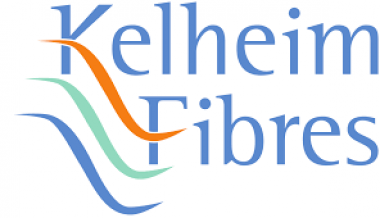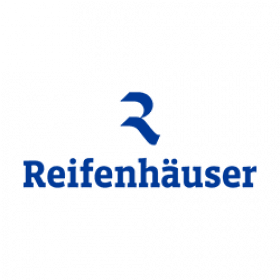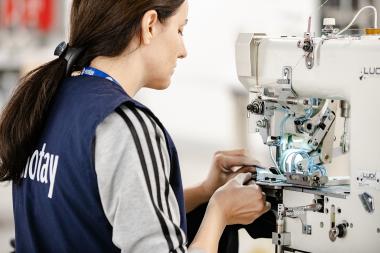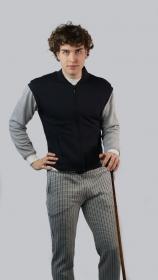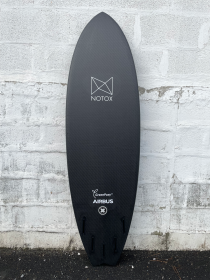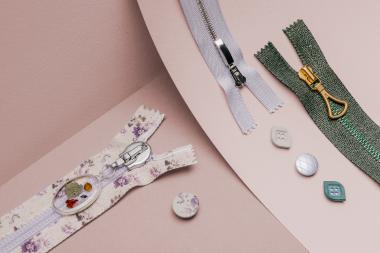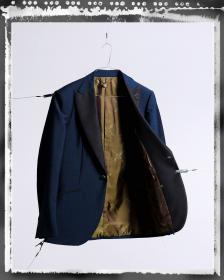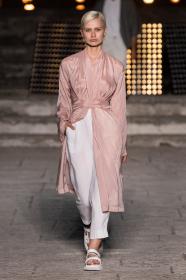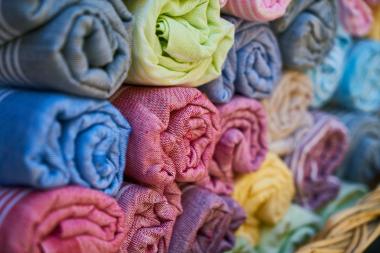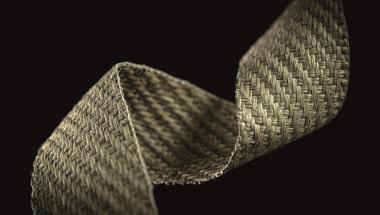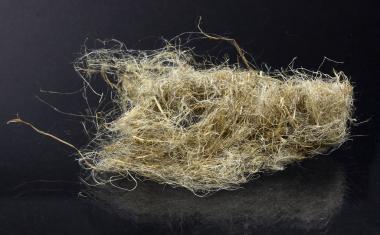Kelheim Fibres at the Global Fiber Congress 2022 in Dornbirn
Shorter product life cycles and rapid technological progress are changing the product landscape at an ever-faster pace. The ability to anticipate future changes and to proactively shape the change is therefore an increasingly decisive competitive factor for modern companies. Trends are considered to be important indicators of impending
Kelheim Fibres, a leading manufacturer of viscose speciality fibres, stands out in the industry not least for its innovative strength, as evidenced by numerous awards such as the Techtextil Innovation Award 2022 in the “New Concept” category. At this year’s Global Fiber Congress Dornbirn, Innovation Manager Ilka Kaczmarek will give an insight into the innovation management of the Bavarian fibre experts in her presentation “Trend Management meets Open Innovation: Best Practice Examples from Kelheim”. Ilka Kaczmarek will show how successful product solutions were developed in a short time by focusing on customer needs and working closely with partners along the value chain.
Natalie Wunder, Project Manager at Kelheim Fibres, will explain one of these examples in detail in her presentation “Development of Menstruation Pants using Speciality Viscose Fibres”. Based on the current trend and the desire of end customers for reusable products, Kelheim Fibres was able to develop a washable and thus reusable, yet bio-based solution for feminine hygiene products.
Kelheim Fibres


